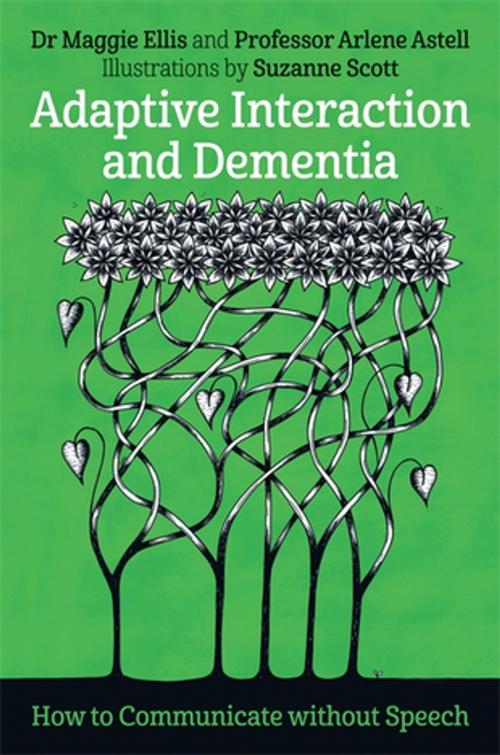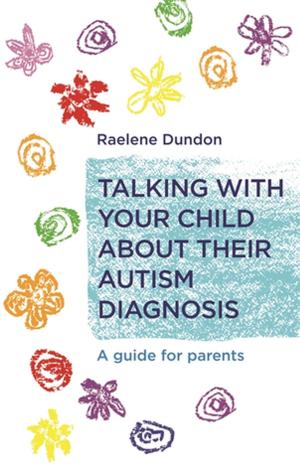Adaptive Interaction and Dementia
How to Communicate without Speech
Nonfiction, Health & Well Being, Medical, Ailments & Diseases, Diseases, Social & Cultural Studies, Social Science| Author: | Maggie Ellis, Arlene Astell | ISBN: | 9781784504717 |
| Publisher: | Jessica Kingsley Publishers | Publication: | November 21, 2017 |
| Imprint: | Jessica Kingsley Publishers | Language: | English |
| Author: | Maggie Ellis, Arlene Astell |
| ISBN: | 9781784504717 |
| Publisher: | Jessica Kingsley Publishers |
| Publication: | November 21, 2017 |
| Imprint: | Jessica Kingsley Publishers |
| Language: | English |
This guide to Adaptive Interaction explains how to assess the communication repertoires of people with dementia who can no longer speak, and offers practical interventions for those who wish to interact with them.
Outlining the challenges faced by people living with advanced dementia, this book shows how to relieve the strain on relationships between them, their families, and professional caregivers through better, person-centred communication. It includes communication assessment tools and guidance on how to build on the communication repertoire of the individual with dementia using nonverbal means including imitation, facial expressions, sounds, movement, eye gaze and touch. With accessible evidence and case studies based on the authors' research, Adaptive Interaction can be used as the basis for developing interactions without words with people living with dementia.
This guide to Adaptive Interaction explains how to assess the communication repertoires of people with dementia who can no longer speak, and offers practical interventions for those who wish to interact with them.
Outlining the challenges faced by people living with advanced dementia, this book shows how to relieve the strain on relationships between them, their families, and professional caregivers through better, person-centred communication. It includes communication assessment tools and guidance on how to build on the communication repertoire of the individual with dementia using nonverbal means including imitation, facial expressions, sounds, movement, eye gaze and touch. With accessible evidence and case studies based on the authors' research, Adaptive Interaction can be used as the basis for developing interactions without words with people living with dementia.















